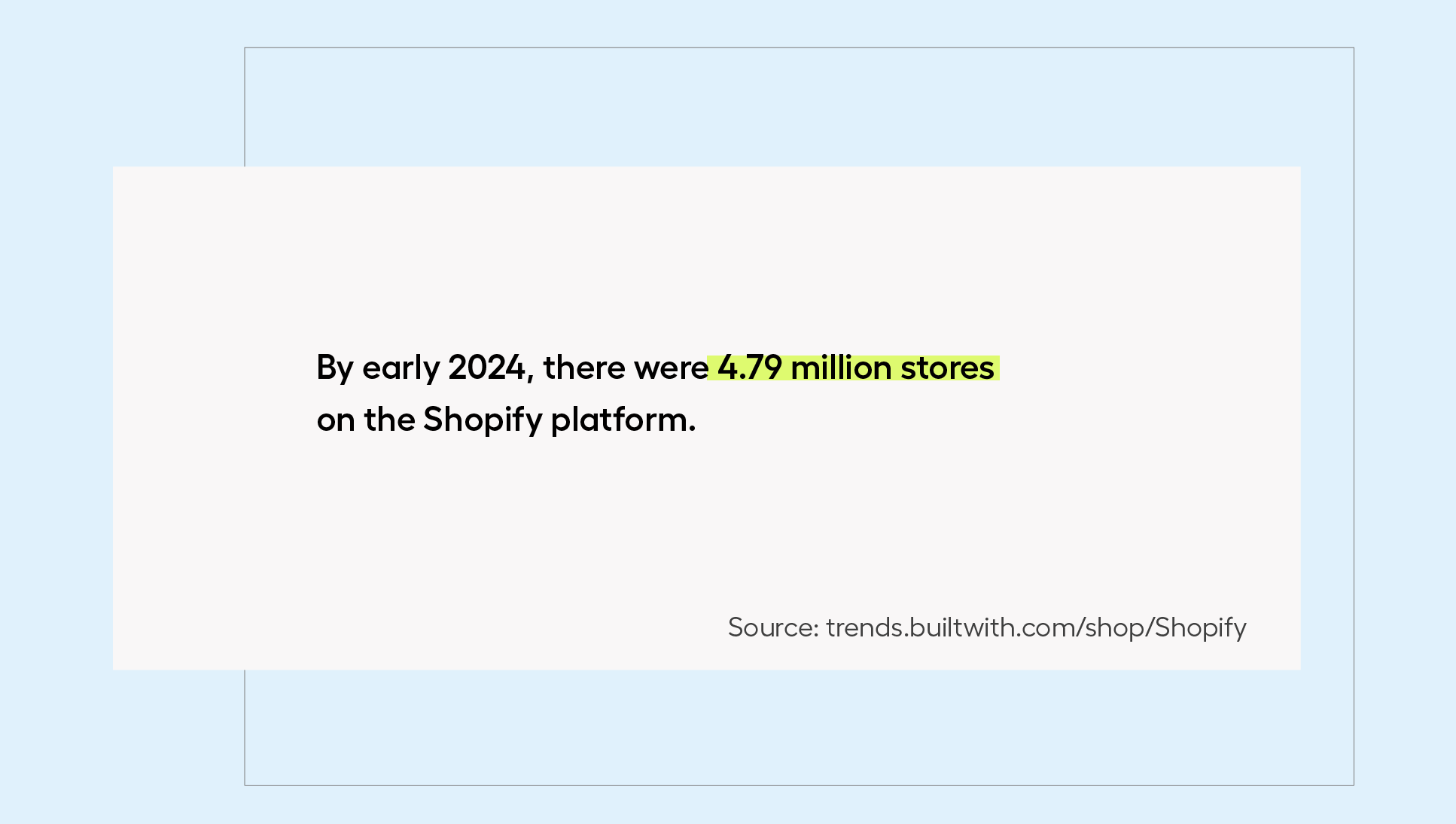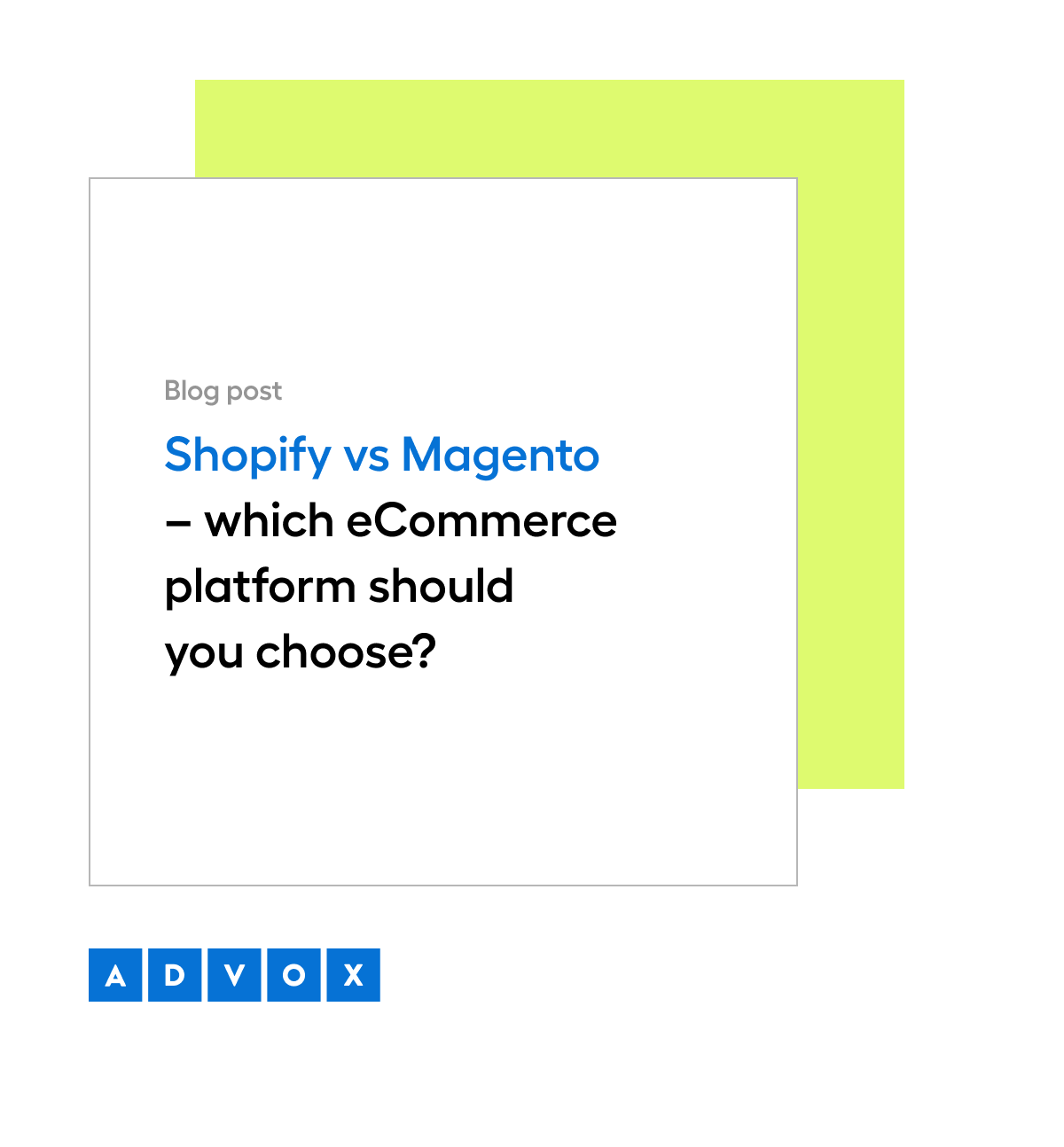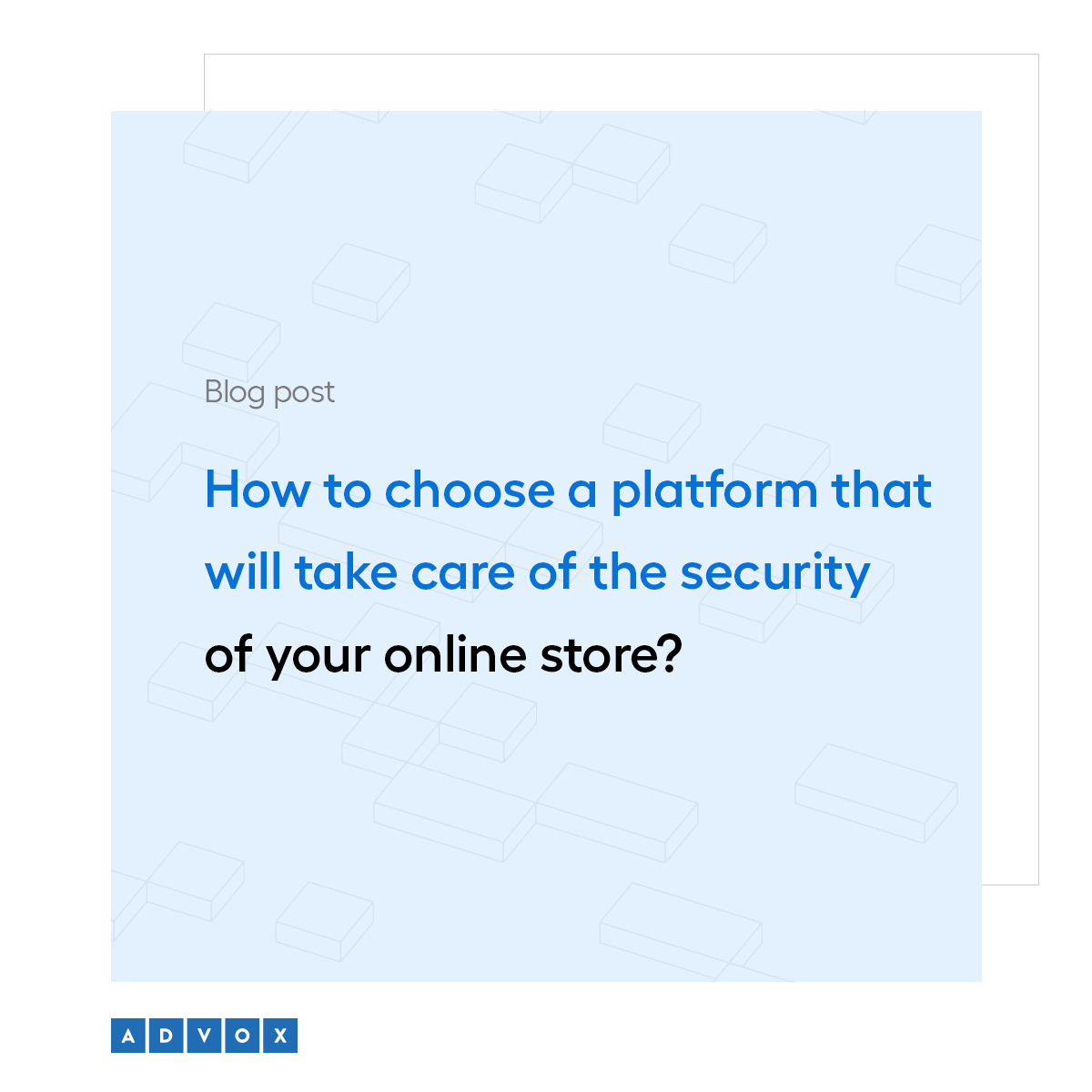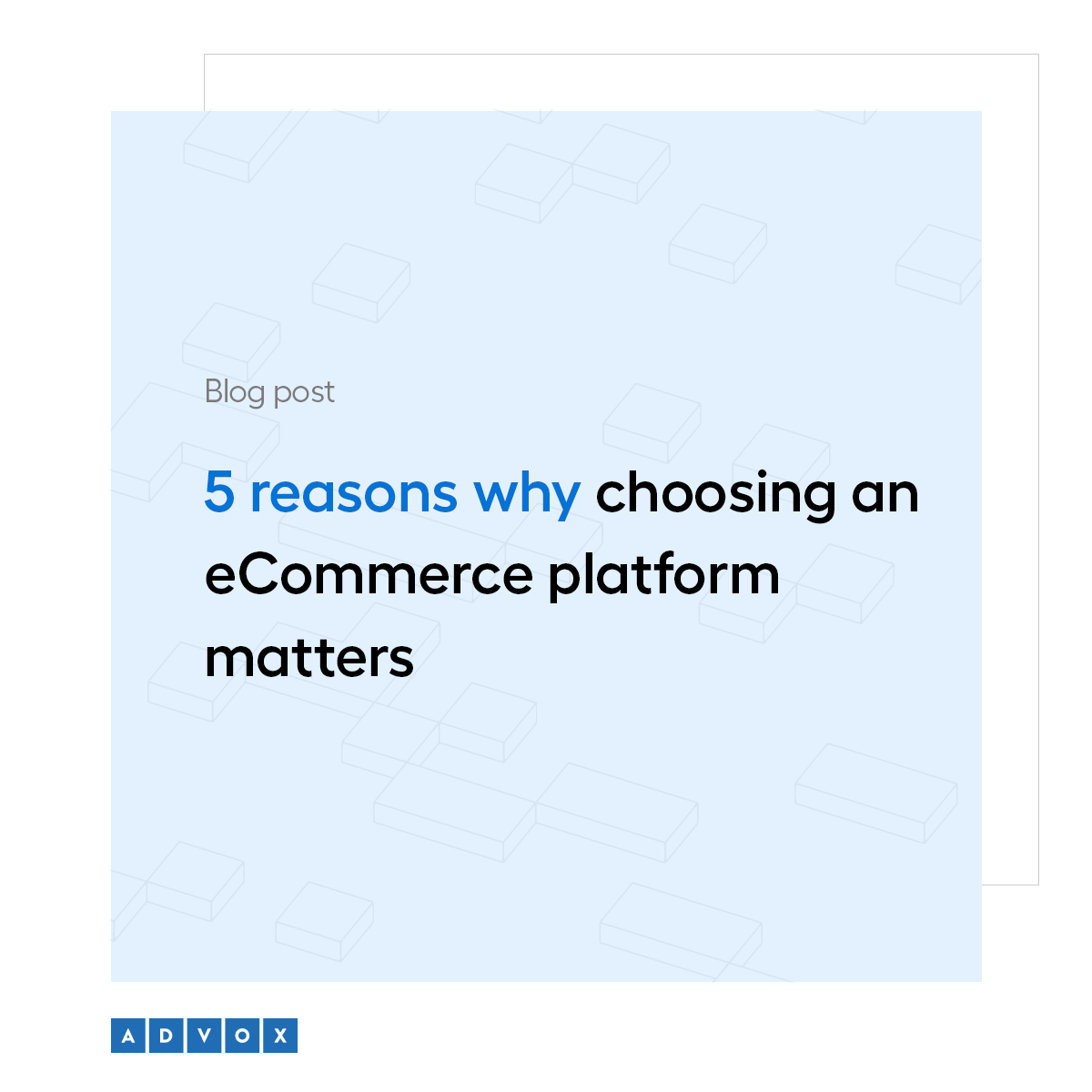Table of contents:
- First things first - what sets Shopify apart?
- 1. How much does Shopify cost? What are the costs of setting up and running a store on Shopify?
- 2. Does Shopify provide technical support in my language, and how quickly can I expect help if problems arise?
- 3. Does Shopify charge a fee?
- 4. Is Shopify secure?
- 5. I already have an online store—how easy is it to migrate my existing online store to Shopify?
- Why is it worth partnering with a software house for Shopify projects?
- Is Shopify the right solution for your eCommerce?
Nearly 20% of online stores worldwide (over 4.5 million) operate on the Shopify platform, making it one of the most popular eCommerce solutions. Why do so many entrepreneurs choose this option? Shopify offers a wide range of features and capabilities, varying depending on the selected plan. This versatility makes it suitable for both small businesses and large online stores. In short, the basic version of Shopify is functional enough for less advanced users, yet flexible enough to be tailored to specific needs.
However, it's important to remember that Shopify isn't a one-size-fits-all solution. Before deciding to implement it, it's worth asking yourself a few crucial questions. In this article, we present 5 key questions about Shopify that will help you better understand whether this platform is right for your business and what benefits and challenges come with using it.
First things first - what sets Shopify apart?
Shopify was founded in 2006 in Canada with a simple goal in mind: to create a platform that allows people without advanced technical skills to easily design and manage an online store. Initially, Shopify’s biggest advantage was its drag-and-drop functionality, which enabled users to intuitively create and modify their stores. Over time, the platform evolved, offering not only basic features but also advanced tools and services that set Shopify apart from the competition.

Shopify stands out for several reasons, including technical support, integration and apps, security, and scalability. These qualities have made Shopify the platform of choice for both small businesses and entrepreneurs operating on a larger scale.
How much does Shopify cost? What are the costs of setting up and running a store on Shopify?
Shopify is a SaaS (Software as a Service) platform. This means that the software is provided as a service. In practice, when you choose Shopify, you’re paying for access to ready-made source code (which you can customize to some extent) in exchange for a fixed subscription fee—this is the basic and unavoidable cost of using this solution. So, what are the exact amounts?
The subscription cost depends on the chosen plan. The price of the basic package (Shopify Basic) is currently $32 per month (or $24 per month if paid annually upfront). On the other hand, the cost of using the most advanced plan (Shopify Plus) starts at $2,300 per month.

In addition to the standard subscription fee, you should also consider additional costs, such as fees for plugins (one-time or recurring), design-related expenses, and potential costs for specialist services if more extensive modifications to the platform are needed. As a result, the total cost of running a store on Shopify can vary depending on specific business needs and requirements.
Does Shopify provide technical support in my language, and how quickly can I expect help if problems arise?
Shopify supports over a million stores in 175 countries, so it offers technical support in multiple languages, including Polish. The first step you should take when encountering an issue is to use the Shopify Help Center, which is available in 21 languages. Here, you’ll find detailed documentation on various aspects of using the platform, which can help resolve many problems without needing to contact support.
However, if you need more specific information, getting help shouldn't be an issue. All Shopify plans include access to 24/7 chat support with a consultant. Additionally, for more advanced plans like Shopify Plus, phone support with a consultant is also available, which can be more convenient in situations that require more detailed assistance.
Does Shopify charge a fee?
Yes, in addition to the monthly subscription, Shopify charges a fee on every transaction made in the store (if a customer returns an item, the commission is also refunded). The fee rate depends on the chosen subscription plan and ranges from 2% for the basic plan to 0.15% for Shopify Plus. Additionally, if you use an external payment provider, an extra fee may be applied, which could increase the total cost to over 3%.
It's also worth noting that Shopify currently processes payments in four currencies: euros, British pounds, US dollars, and Indian rupees. Since transactions cannot be settled in your currency złoty, the final cost may be affected by fluctuations in the currency market.
Is Shopify secure?
Shopify offers a comprehensive security package for online stores, ensuring a high level of protection for customer data and transactions. Every store built on the Shopify platform comes with an SSL certificate, which secures internet connections and protects data transmitted between customers and the store. Additionally, payments processed by Shopify comply with the Payment Card Industry Data Security Standard (PCI DSS), ensuring the safe handling of payment card information.
Moreover, Shopify continually updates its platform to prevent potential security vulnerabilities. The platform is regularly monitored and subjected to security audits to protect against hacking attempts, malware, and other online threats. With these security measures in place, Shopify provides robust protection for both store owners and their customers, enabling secure online business operations.
I already have an online store—how easy is it to migrate my existing online store to Shopify?
Migrating an existing online store to Shopify is generally a straightforward process, though it does require some technical knowledge and preparation. Shopify offers migration tools and technical support to assist with the process. There are also apps and services (such as those using APIs) that allow you to import data from various eCommerce platforms like WooCommerce, Magento, or BigCommerce.
The key element of any migration is ensuring that all data is accurately imported. This process involves transferring product information, such as descriptions, images, prices, and inventory levels, as well as customer data, including email addresses, purchase history, and contact information. You can accomplish this using tools provided by Shopify or by importing CSV files with the relevant information directly onto the platform. It’s important to note that the accuracy and completeness of the transferred data depend on several factors, such as data format compatibility and the quality of the source data. Therefore, before starting the migration, it’s advisable to carefully plan the process and be prepared for any necessary adjustments. For more complex migrations (e.g., those requiring reintegration with external systems), it may be beneficial to seek help from specialists.
Why is it worth partnering with a software house for Shopify projects?
Shopify is a platform that allows you to quickly and easily launch a small online store on your own without needing to involve specialists. This is true, so it’s no surprise that many entrepreneurs wonder why they should collaborate with a software house or agency when implementing a Shopify store. There are several reasons for this.
- Implementing advanced changes and integrations - a software house can introduce complex modifications and integrate your store with external systems, often going beyond Shopify’s standard capabilities.
- Ongoing support - partnering with a software house ensures regular technical support, allowing you to continuously adapt your store to changing requirements.
- Professional advice -experts can guide you in the optimal direction for your store’s development, tailoring it to growing business needs and helping you scale effectively.
Additionally, when opting for advanced packages like Shopify Plus or Enterprise, specialist support becomes crucial. With their experience and expertise, it’s possible to fully leverage the potential of these advanced solutions, leading to optimised processes, better integration with external systems, and efficient management of large amounts of data and orders. This support helps you avoid mistakes that can occur during a DIY implementation and ensures smooth operation of your store at the highest level.
Collaborating with a software house, also known as Shopify development, is valuable both for those planning to scale their business in the future and for store owners who initially set up their store independently but now require additional functionalities.
Is Shopify the right solution for your eCommerce?
Shopify can be an ideal solution if you’re looking for a comprehensive and user-friendly eCommerce platform that offers a wide range of features and support. However, before making a final decision, it’s important to carefully analyze your business needs and compare them with what Shopify offers to ensure it’s the best option for your online store. Like any platform, Shopify has its specific features and limitations that should be considered before making a decision.






